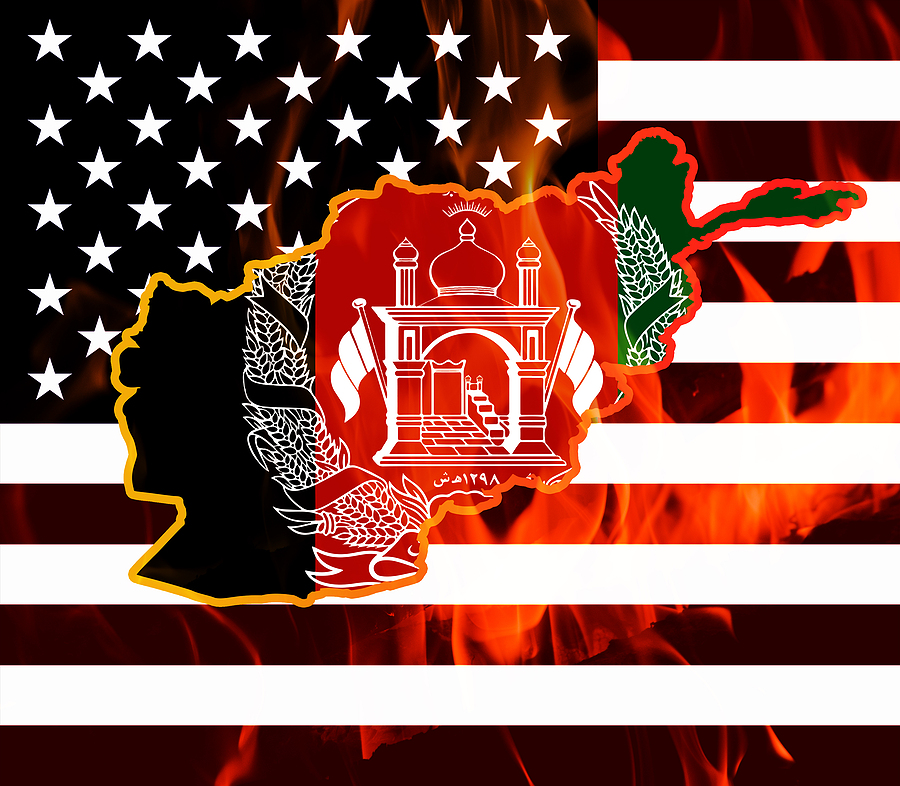The Impact of the Biden Afghan Withdrawal on Global Dynamics: The Perspective of Paul Bracken
Recently, I talked with Dr. Paul Bracken, the noted strategist and nuclear weapons expert, with regard to how he saw the near to mid-term consequences of the Biden Afghan withdrawal and the swift seizure of Afghanistan by the Taliban.
For Bracken, one key takeaway is that this would accelerate further global polycentrism and reduce the ability of the United States to lead global coalitions. Given that the major threat is the global conflict between authoritarian and liberal democratic powers, the role of the United States is not only reduced but the threats to the liberal democracies are enhanced as well.
According to Bracken: “What we are seeing is an acceleration of polycentric nationalism. Everybody’s relating to everybody else, nervously of trying to keep the balance, and very reluctant to join rigid blocks a la the Cold War because they want to preserve their independence.
“This situation leads to significant distrust of alliances and enhances the desire to want to have something they can fall back on in the very worst case, which would be nuclear weapons.
“If we take the case of a low hanging fruit with regard to nuclear weapons proliferation, namely Iran, we shall see renewed emphasis to become a nuclear power. They didn’t need a nuclear weapon when Obama came into office. They could calculate that the U.S. together with Israel was not going to hit them. Israel was not going to hit them because it doesn’t have the wherewithal to do it. And the U.S. was not on board.
“My view has been that they wanted to negotiate the money that we owe them more than get a bomb. I think that can be reevaluated now, that the neighborhood has in some sense gotten more dangerous. But in addition, the number of nuclear weapons Pakistan is getting each year is getting quite high, like in the hundreds. So the region is getting more dangerous.”
“Merely to hold your own against Pakistan, India, Russia, Israel, and the United States, Iran will increasingly need the bomb.”
“I bet if I ran a war game with people from DoD and CIA playing Iran, they would opt to go nuclear, i.e. to acquire nuclear missiles than can at least cover Israel and Europe.”
With accelerated polycentrism, we see both a reduced U.S. role in shaping global coalitions, and a growth in how the key liberal democratic nations approach managing their security and defense relationships with each other.
Of course, the Untied States remains an important nation, but we’re not a superpower. We’re not the global guarantor of the West.
We’re in a period of time where authoritarian leaders will interpret what we’re doing and the allies are doing, or partners are doing, and could frequently be wrong.
Our allies will be making calculations about what we’ll do, and they could be frequently wrong.
And we will be making calculations about adversaries and allies alike which could be significantly wrong.
And the intelligence performance in Afghanistan is certainly not a reassuring corrective to meeting this challenge.
Bracken underscored that such developments making shaping an appropriate an effective military force for the United States and its allies is increasingly challenging.
As Bracken put it: “The authoritarians, Russia and China, could make a move.
“They could do that and make a big mistake.
“The potential for convoluted, complex scenarios that take you close to war goes up quite a bit.
“Why?
“Not only because of the evolution of technologies, but because there are just so many decision-making centers.
“To manage the way ahead, will require a generation of military thinkers, which the Afghan experience certainly has demonstrated are in short supply.”
He then discussed a very specific aspect of the military competition which gets harder with the widening of conflict points and of the evolution of technology.
“I’ve been really worried about this whole ISR buildup in the following way. It can tell you if the Chinese are moving missiles around and the Russians are too.
“But it’s like looking through the problem through a straw, as the intel people say.
“It’s highly dependent on SIGINT which the decision maker is only getting the signals that the algorithms sort through and present to him. And it’s really short-term.
“It gives little or no insight about where the country’s sentiments, the leadership of the country’s sentiments are going.”
The Afghan situation and the way it was done have reduced the credibility of U.S. decision making in the eyes of allies and adversaries.
It’s not an event in and of itself.
It’s within an acceleration of global disaggregation and re-aggregation.
And it doesn’t make the U.S. a non-player.
We’re still an important player.
But now we have to see some skillsets we haven’t seen for a while in how to actually use what power assets we’ve got.

